Differences Between uPVC and PVC Doors & Windows
14th September 2020
What are uPVC and PVC Most Suitable for?
Though both uPVC and PVC are both different types of vinyl, they serve different purposes. However, both materials are versatile and are available in various shapes.
PVC being the softer of the two is often used for fences, pipes, or to make siding. uPVC, the tougher one, is used for constructing doors and windows. It’s not just about its texture, PVC is not used for door and window construction also because of its chemical composition.
The Properties of uPVC and PVC
As its name indicates, uPVC does not contain BPA or phthalates. This makes it environmentally safe. Though both PVC and uPVC are non-recyclable, the latter is reshapable into pipes or different new products using high temperatures.
PVC contains BPA and phthalates which are environmentally toxic chemical compounds. PVC is also more porous than uPVC and requires more maintenance. These are some reasons why uPVC is the preferred material for door and window construction.
How are uPVC and PVC Used in Construction
Because of PVC’s flexibility, it is often popular for piping work. The larger PVC pipes are common for plumbing that requires distribution of non-potable water. It is also great for insulating electrical cables.
You can use uPVC as a replacement for more expensive wood or steel. It is versatile and is available in various colours and shapes. If you want, you can request that your uPVC door or window resembles materials such as wood. uPVC is also a viable replacement for certain kinds of heavy-duty draining and plumbing.
Other Uses of uPVC and PVC
It’s not uncommon to find slender and small PVC pipes in some medical equipment. This material also finds usage in waterproof clothing materials, toys, cars, shoes, vinyl flooring, car cables, and a whole bunch of plastic products. The only major issue is that because of PVC’s chemical properties, it is banned in Europe. As versatile as this material is, its BPA and phthalates content make it harmful to humans and the environment when exposed to high temperatures.
uPVC has fewer health concern issues attached to it. Other than door and window construction, this material finds its way into certain dental and medical equipment. Hire a professional UPVC cleaning company in Stockport today.


